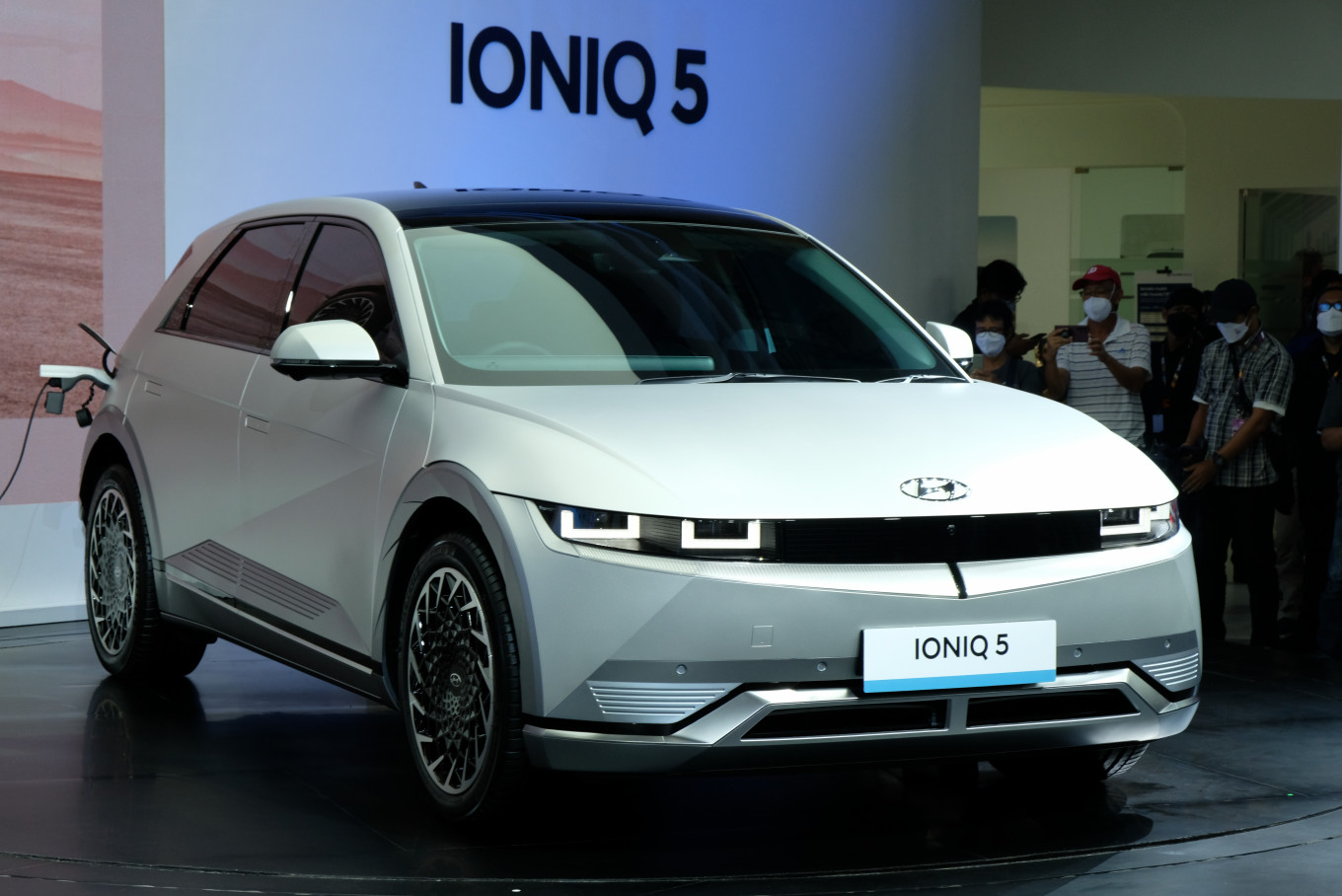The automotive industry is undergoing a profound transformation as electric vehicles (EVs) become more prevalent. Among the many players in this evolving market, Hyundai has emerged as a significant contender, positioning itself as a leader in the electric car revolution. This article delves into the rise of Hyundai electric cars, exploring the company’s strategic initiatives, technological advancements, market impact, and future prospects.
The Evolution of Hyundai’s Electric Vehicle Strategy
Early Adoption and Vision
Hyundai’s journey into the electric vehicle market began in the early 2000s. The company’s initial foray was marked by cautious experimentation, but it quickly evolved into a more aggressive and well-defined strategy. Key milestones include:
- 2009: Introduction of the Hyundai BlueOn, an early electric vehicle prototype.
- 2011: Launch of the Hyundai Ioniq, which would later become a flagship for their EV lineup.
Hyundai’s vision has been to create a diverse range of electric vehicles that cater to various consumer needs, from budget-friendly options to high-performance models.
Strategic Initiatives and Investments
To drive its electric vehicle strategy, Hyundai has invested significantly in research and development (R&D). Some of the key initiatives include:
- R&D Facilities: Hyundai has established dedicated R&D centers focused on electric vehicle technology and battery innovation.
- Partnerships: Collaborations with technology firms and battery manufacturers to enhance EV performance and range.
- Manufacturing Expansion: Investment in new production facilities to scale up EV manufacturing capabilities.
Technological Advancements and Innovations
Advanced Battery Technology
A significant component of Hyundai’s EV strategy is its focus on battery technology. The company has developed several innovations to improve battery performance and efficiency:
- Electric-Global Modular Platform (E-GMP): This platform is designed specifically for electric vehicles, offering better range, performance, and safety.
- Battery Management Systems (BMS): Advanced BMS technology to enhance battery life and safety.
- Fast Charging Technology: Development of ultra-fast charging solutions to reduce charging times.
Cutting-Edge EV Models
Hyundai’s lineup of electric vehicles showcases a range of innovative features:
- Hyundai Kona Electric: Known for its impressive range and compact design, making it a popular choice in urban settings.
- Hyundai Ioniq 5: A standout model with a futuristic design and advanced technology, including ultra-fast charging capabilities.
- Hyundai Ioniq 6: Building on the success of the Ioniq 5, the Ioniq 6 offers improved aerodynamics and efficiency.
Market Impact and Consumer Reception
Market Penetration and Sales Growth
Hyundai’s electric vehicles have made a notable impact on the global market. Key statistics include:
- Sales Figures: In 2023, Hyundai reported a significant increase in electric vehicle sales, with a year-over-year growth of approximately 35%.
- Market Share: Hyundai’s EVs have captured a growing share of the global electric vehicle market, particularly in regions like Europe and North America.
Also Read : Navigating Hyundai Car Insurance Options
Consumer Preferences and Feedback
Consumer feedback highlights several strengths of Hyundai’s electric vehicles:
- Affordability: Hyundai’s EVs are often praised for their competitive pricing compared to other electric vehicles on the market.
- Range and Performance: High customer satisfaction regarding the range and overall performance of models like the Kona Electric and Ioniq 5.
- Design and Features: Innovative design and advanced features are frequently noted as key selling points.
Challenges and Opportunities
Challenges Facing Hyundai
Despite its successes, Hyundai faces several challenges in the electric vehicle market:
- Competition: Intense competition from other automakers, including Tesla, Volkswagen, and emerging Chinese brands.
- Supply Chain Issues: Ongoing supply chain disruptions affecting the availability of critical components like semiconductors and batteries.
- Consumer Adoption: Overcoming consumer hesitations about transitioning from internal combustion engine (ICE) vehicles to electric models.
Opportunities for Growth
Hyundai also has several opportunities to expand its presence in the EV market:
- Expanding Model Range: Introduction of new models to cater to different segments, including luxury and high-performance EVs.
- Global Expansion: Increasing presence in emerging markets with growing demand for electric vehicles.
- Technological Leadership: Continued investment in cutting-edge technologies to stay ahead of competitors.
Case Studies: Success Stories and Lessons Learned
Case Study 1: Hyundai Kona Electric
The Hyundai Kona Electric has been one of the company’s most successful electric vehicles. Key factors contributing to its success include:
- Affordable Pricing: Positioned as a budget-friendly option with excellent range and features.
- Urban Appeal: Compact size and agility make it ideal for city driving.
Case Study 2: Hyundai Ioniq 5
The Hyundai Ioniq 5 represents a significant leap forward in terms of design and technology. Success factors include:
- Innovative Design: A striking, futuristic design that appeals to tech-savvy consumers.
- Performance and Efficiency: Advanced battery technology and fast charging capabilities.
Future Outlook for Hyundai Electric Cars
Vision for 2030
Hyundai’s long-term vision for electric vehicles includes:
- Expanding EV Lineup: Launching new models across various segments to address diverse consumer needs.
- Sustainability Goals: Committing to sustainability through eco-friendly manufacturing processes and recyclable materials.
- Technological Innovation: Investing in next-generation technologies like solid-state batteries and autonomous driving systems.
Industry Trends and Hyundai’s Response
Several industry trends are shaping the future of electric vehicles:
- Regulatory Changes: Increasingly stringent emissions regulations and government incentives for electric vehicles.
- Technological Advancements: Rapid advancements in battery technology, autonomous driving, and connectivity.
Hyundai is actively responding to these trends by aligning its strategy with regulatory requirements and investing in future technologies.
Conclusion
Hyundai’s rise in the electric vehicle market represents a significant shift in the automotive industry. Through strategic investments, technological innovations, and a focus on consumer needs, Hyundai has established itself as a key player in the EV space. As the company continues to expand its electric vehicle lineup and embrace future technologies, it is well-positioned to lead the charge in the electric vehicle revolution.
With a commitment to innovation and sustainability, Hyundai’s journey in the electric vehicle market will likely continue to evolve, offering exciting new possibilities for both the company and its customers.
(source)
Originally posted 2024-07-26 06:32:15.
